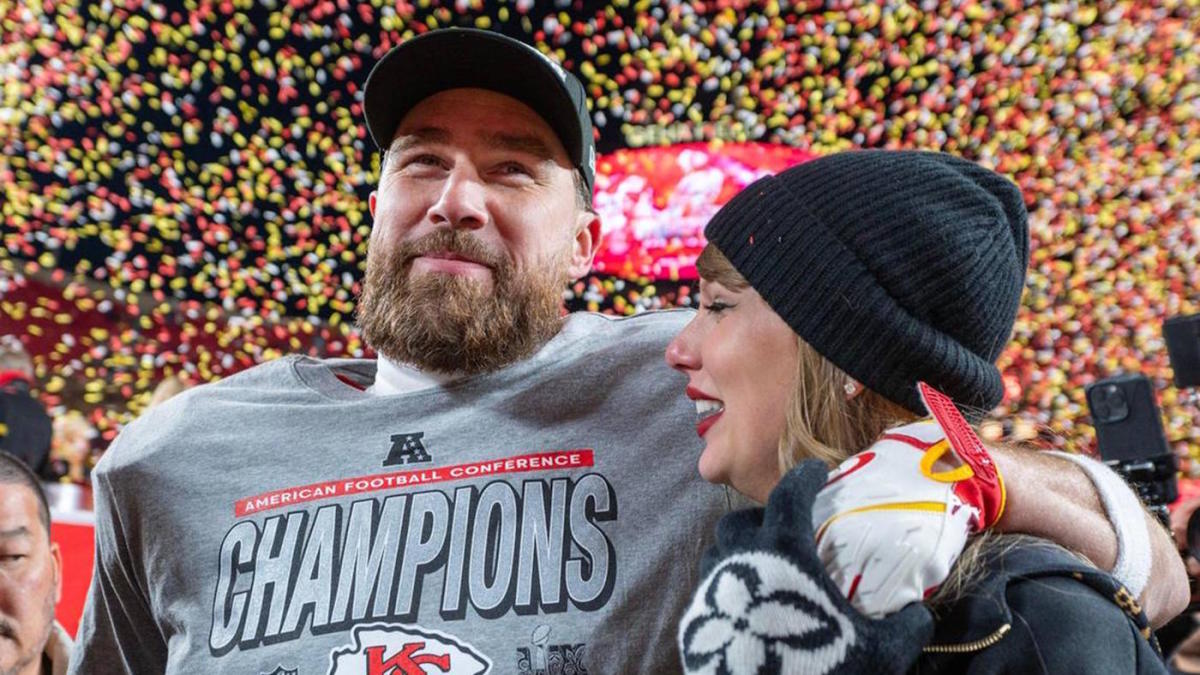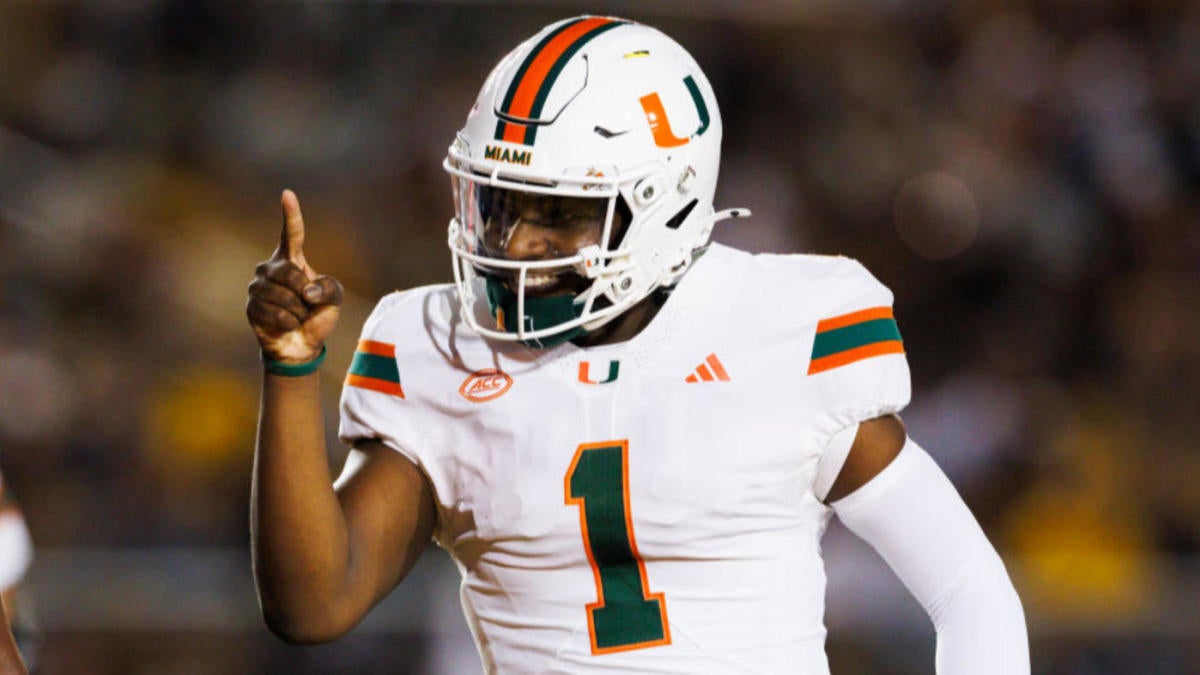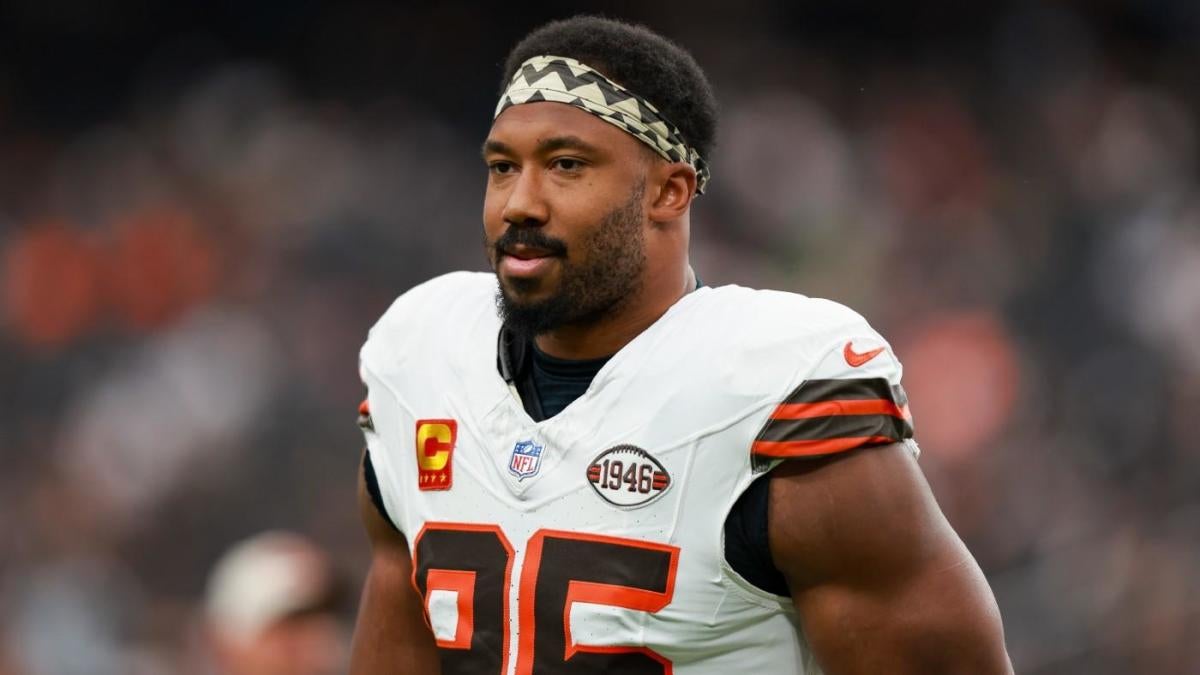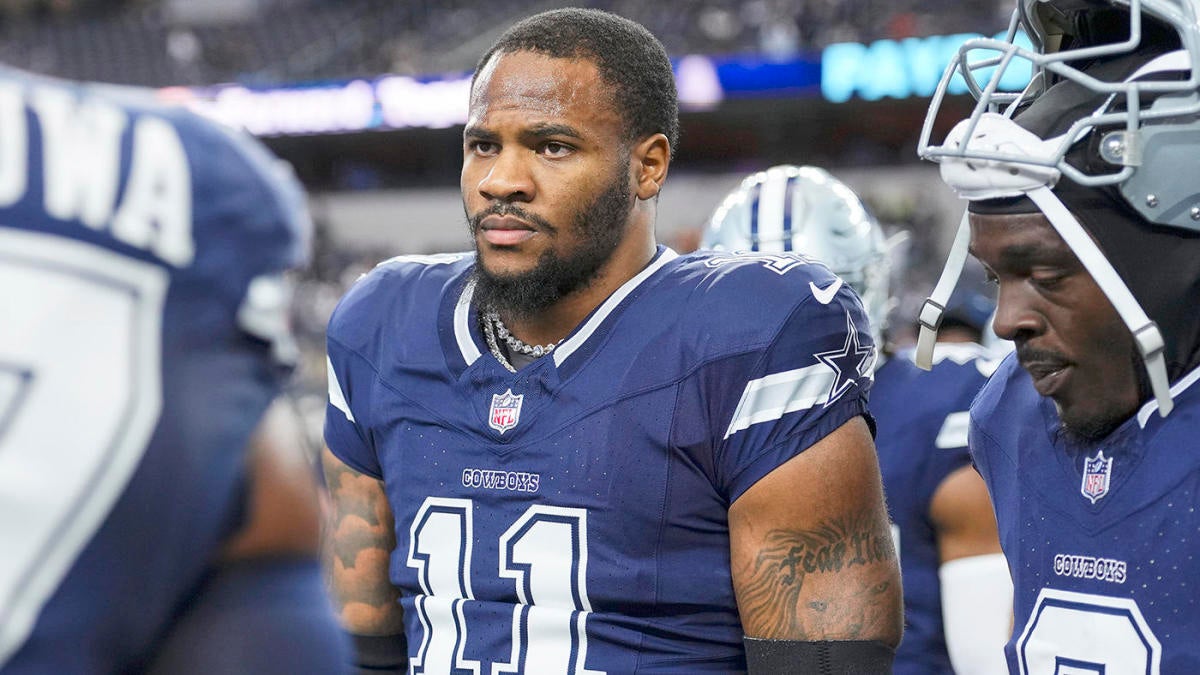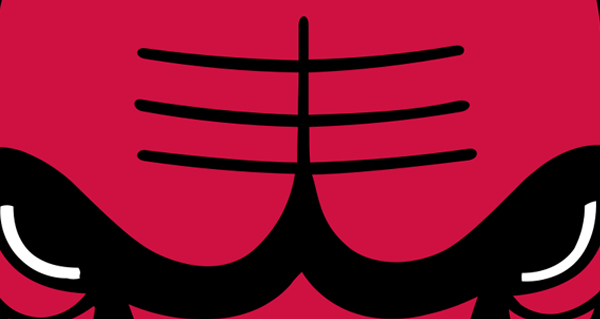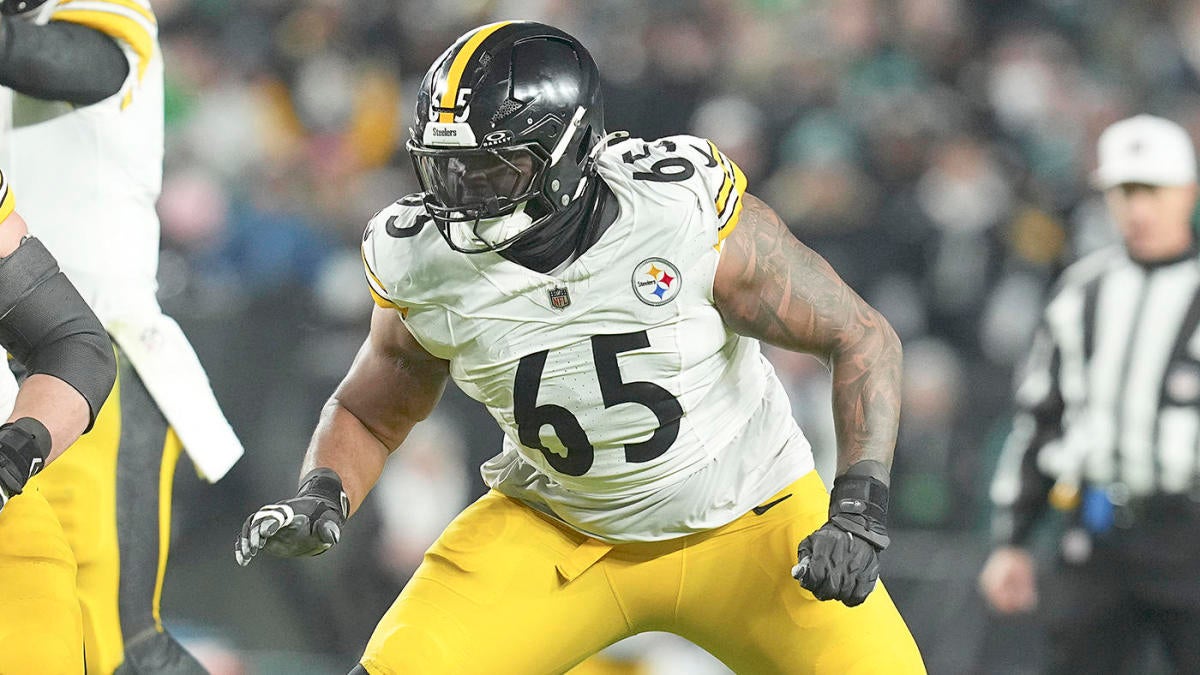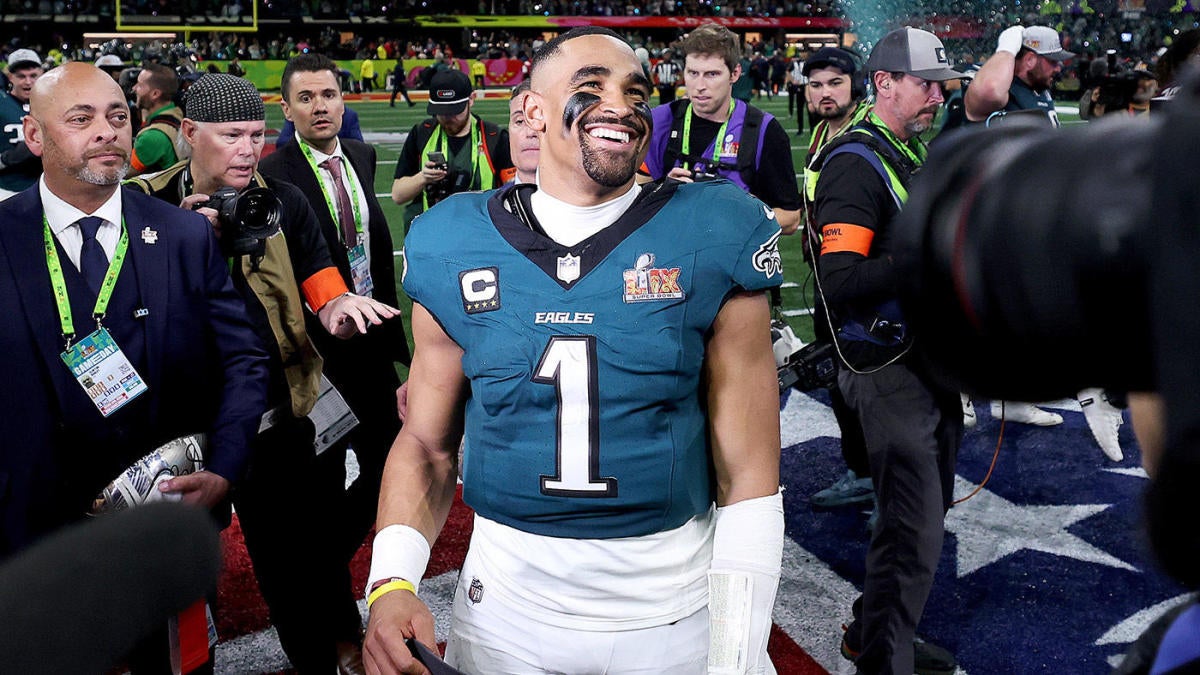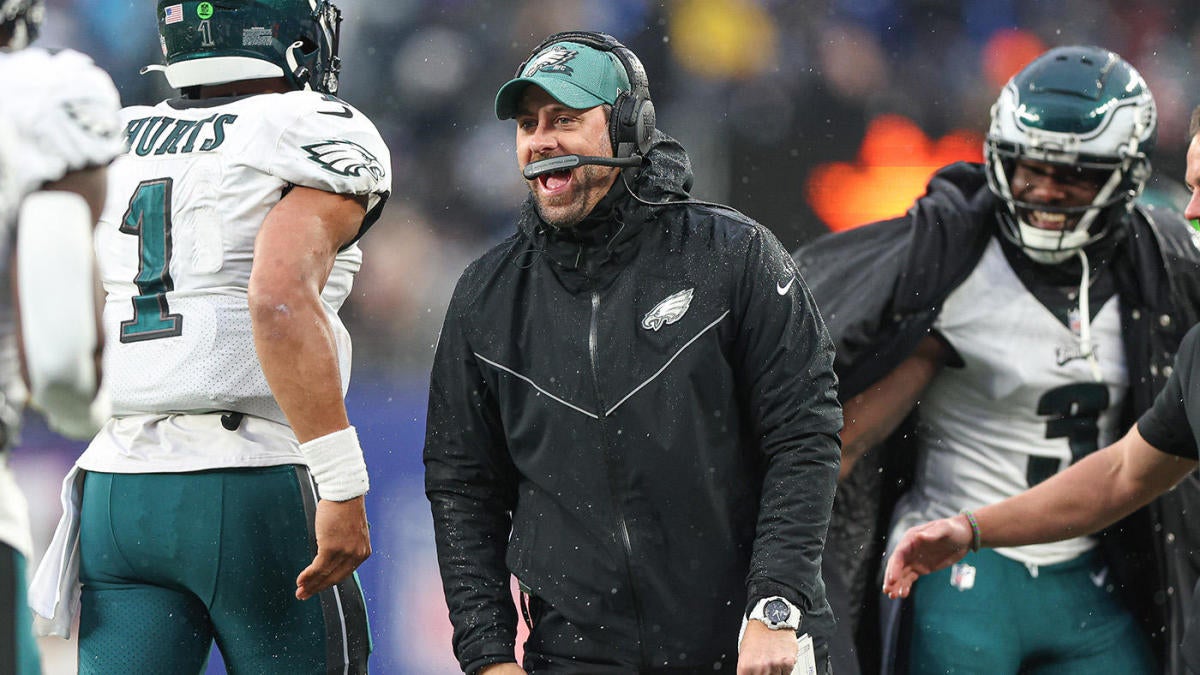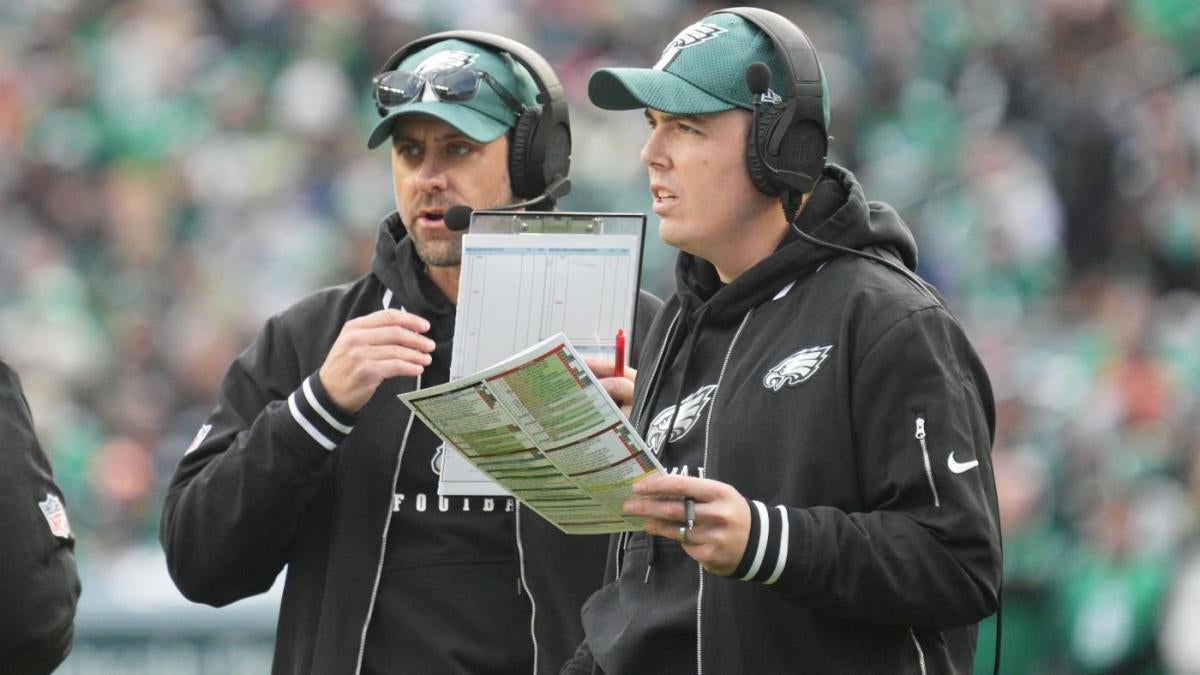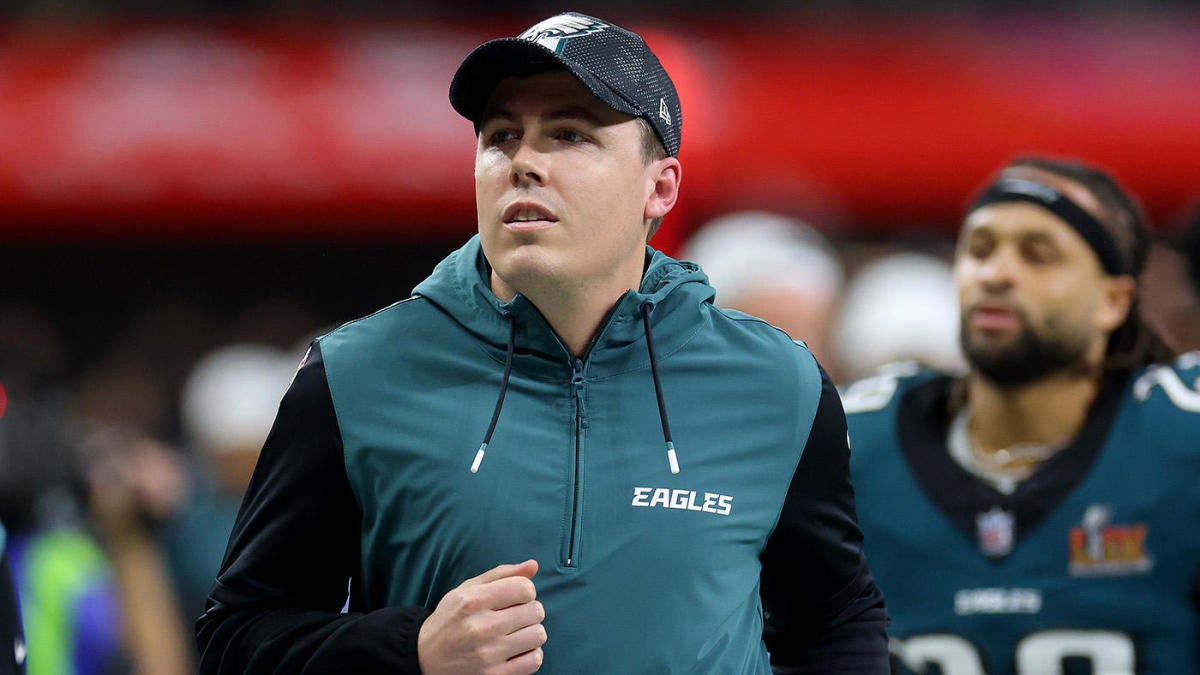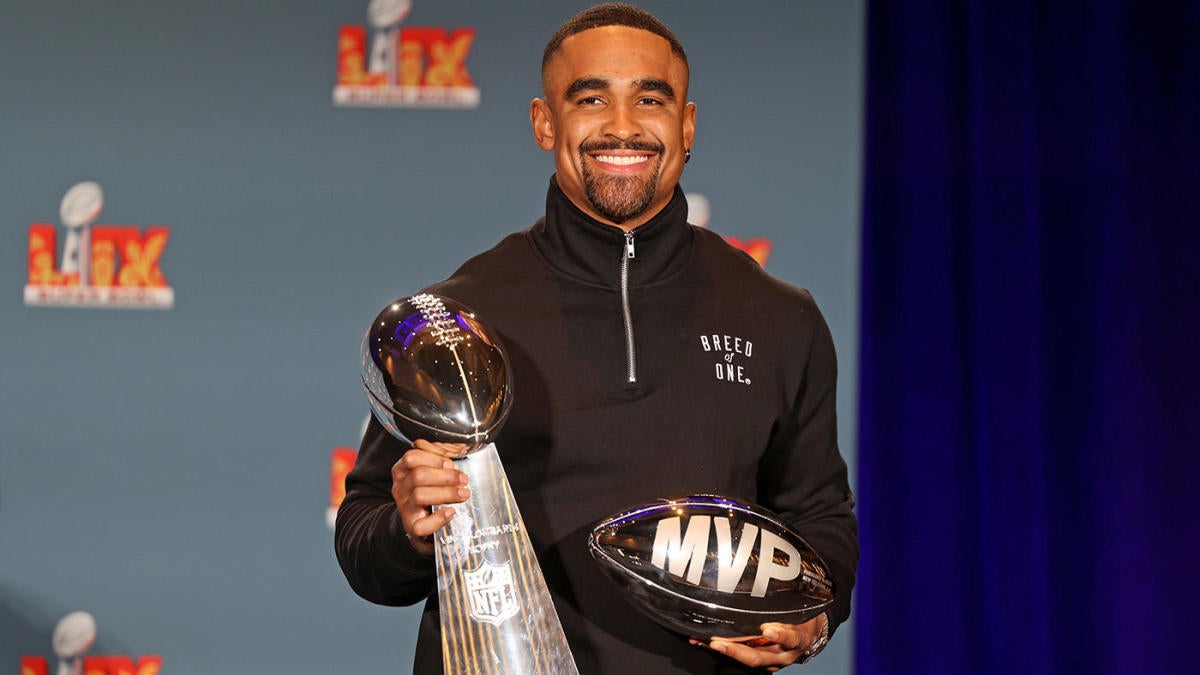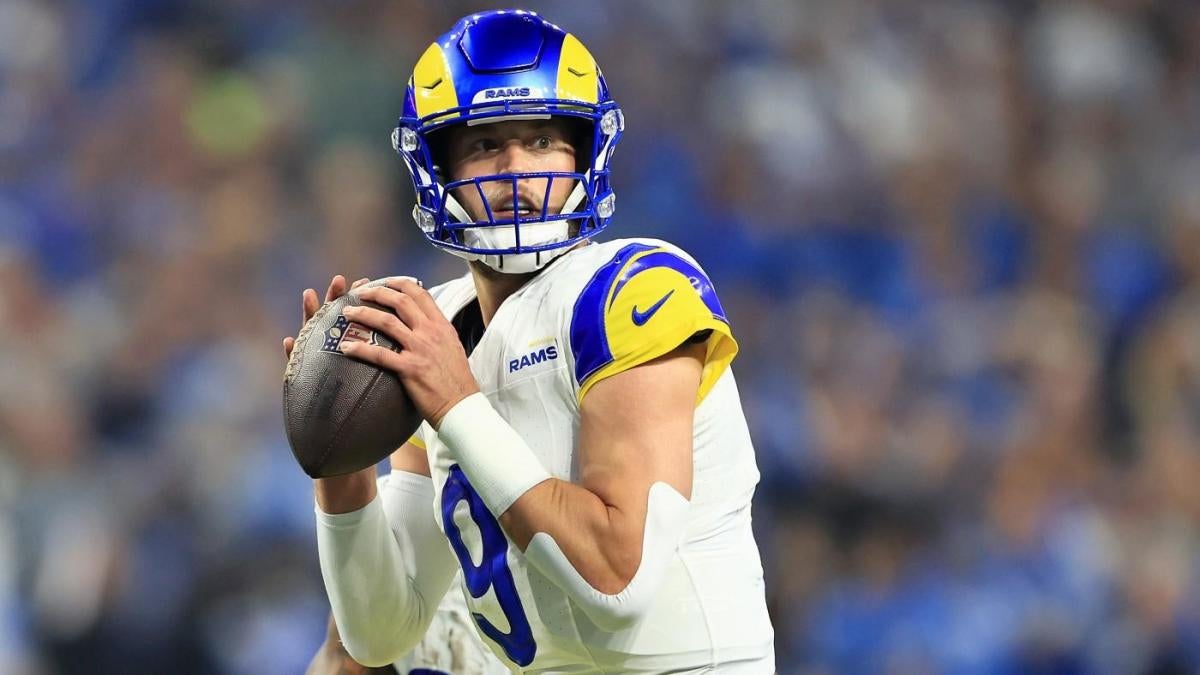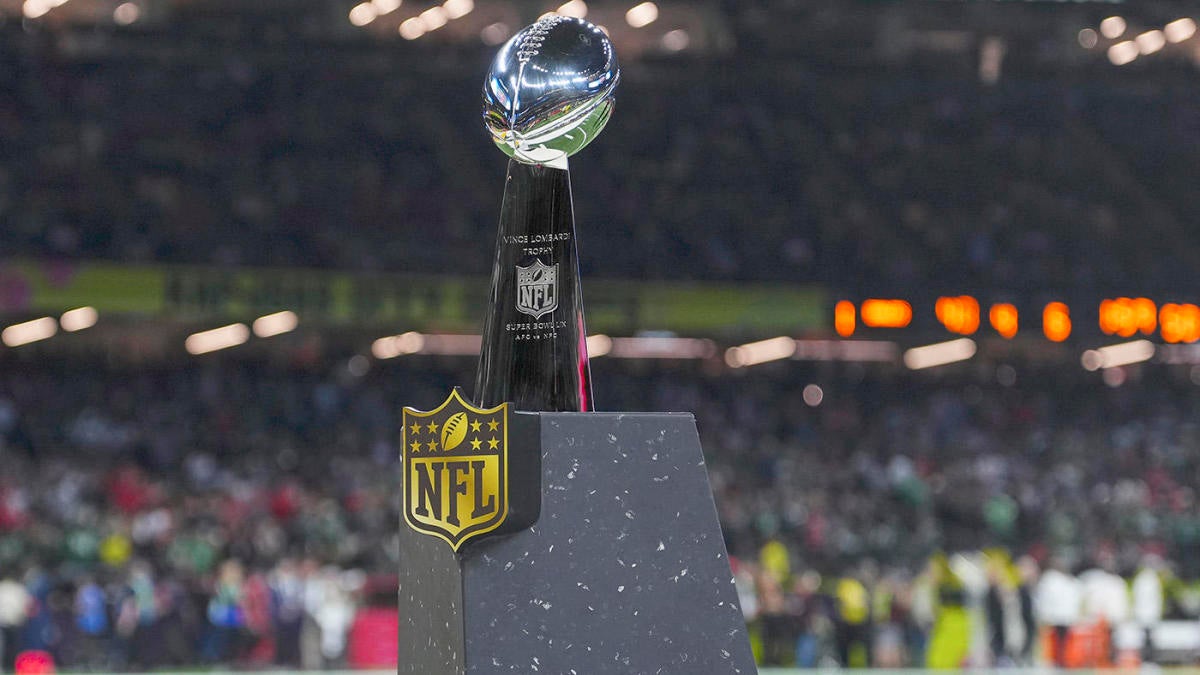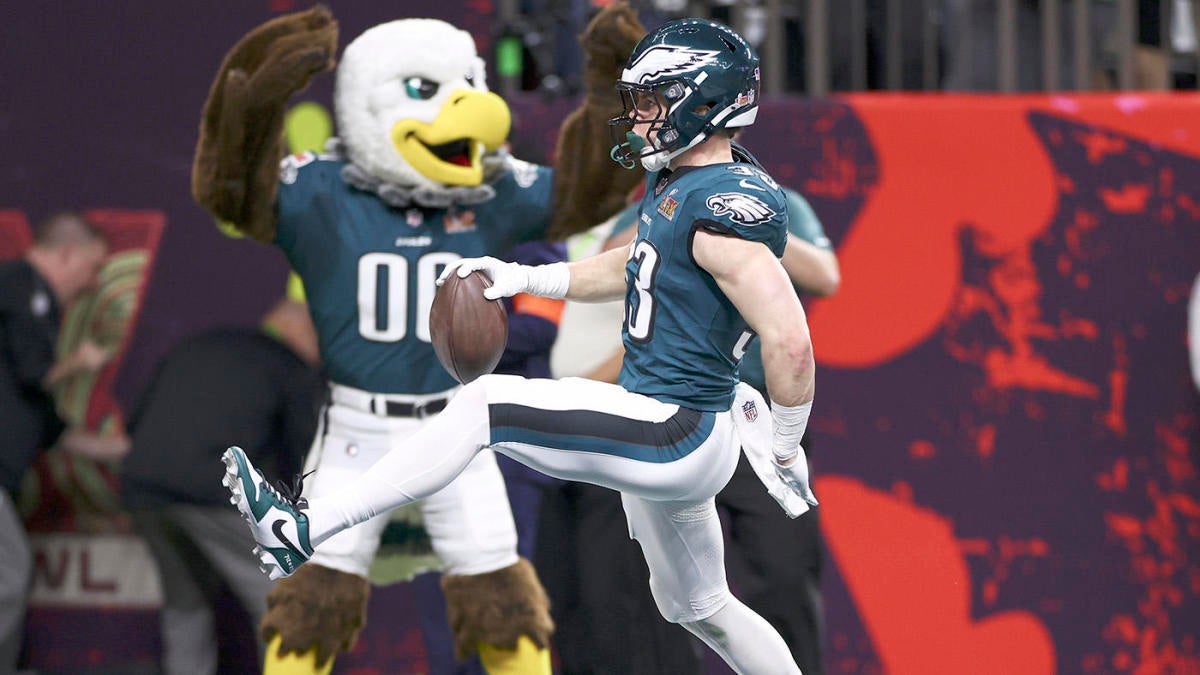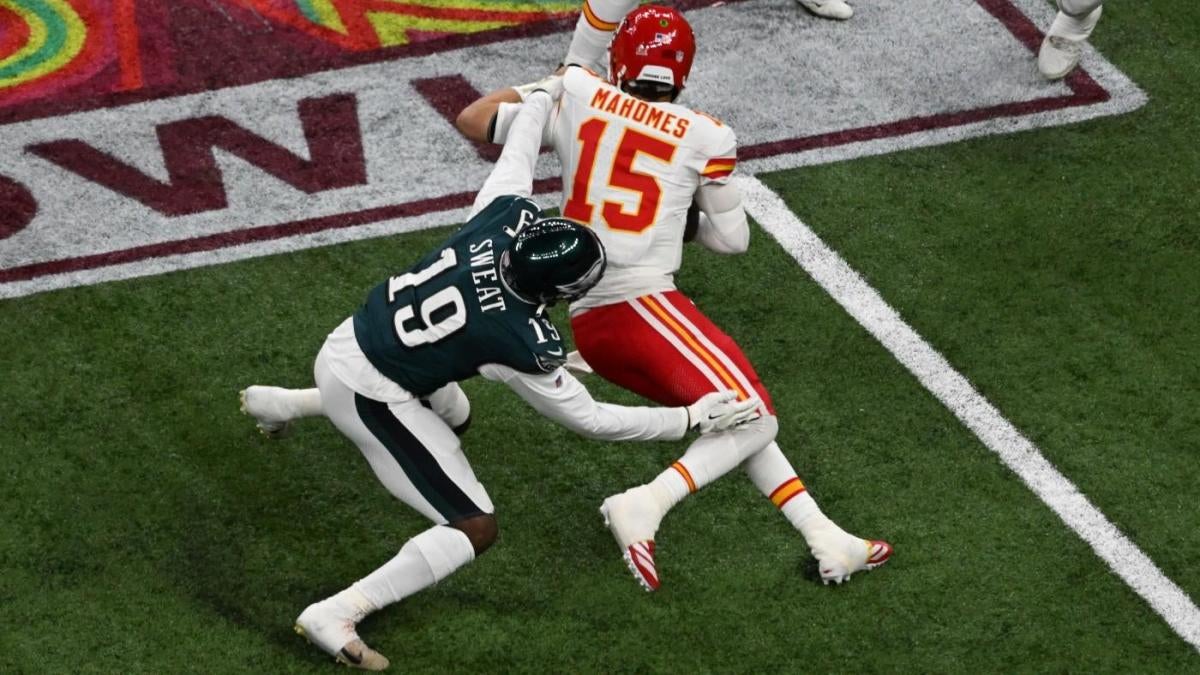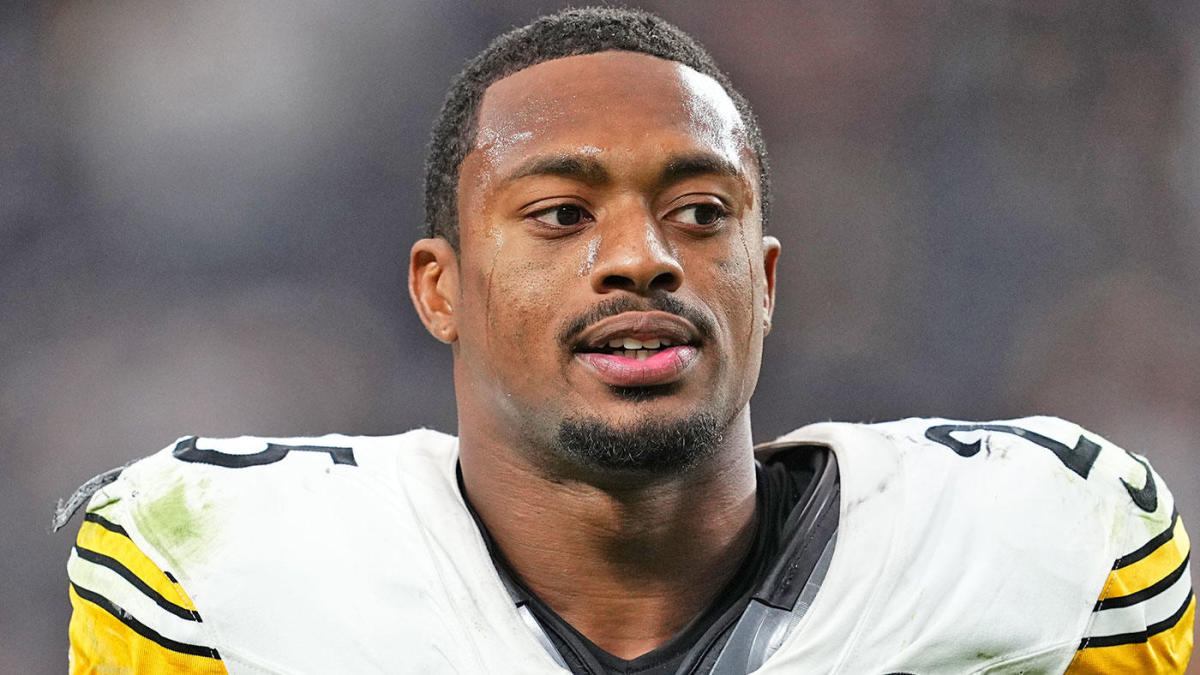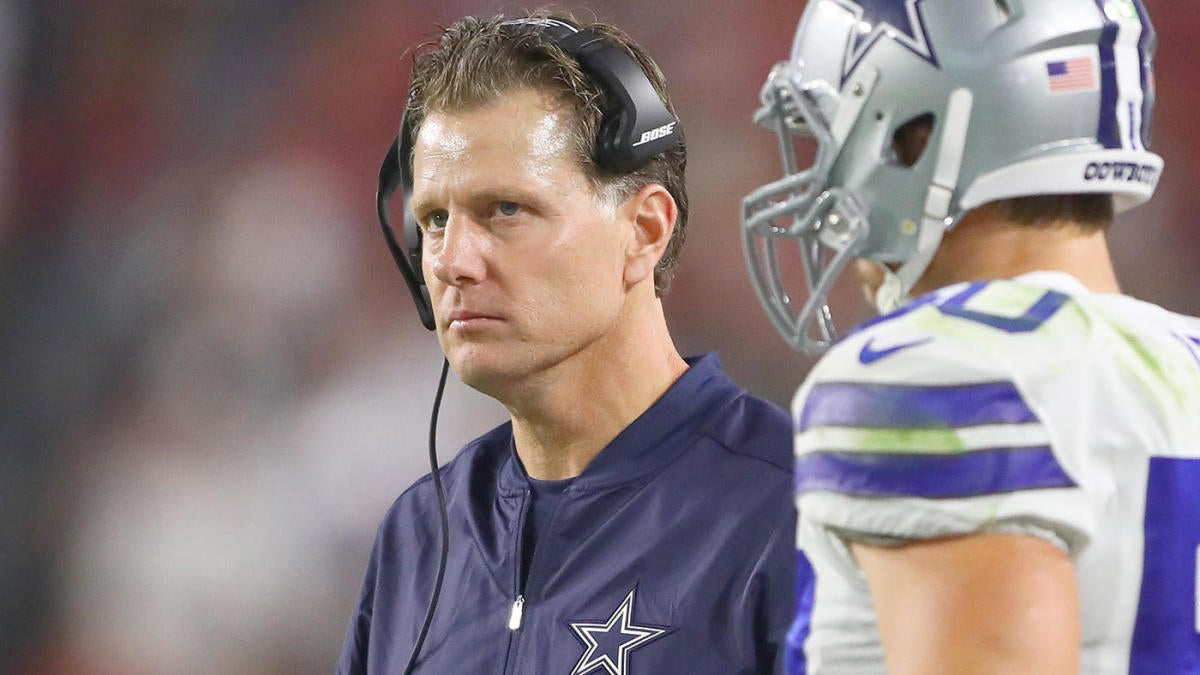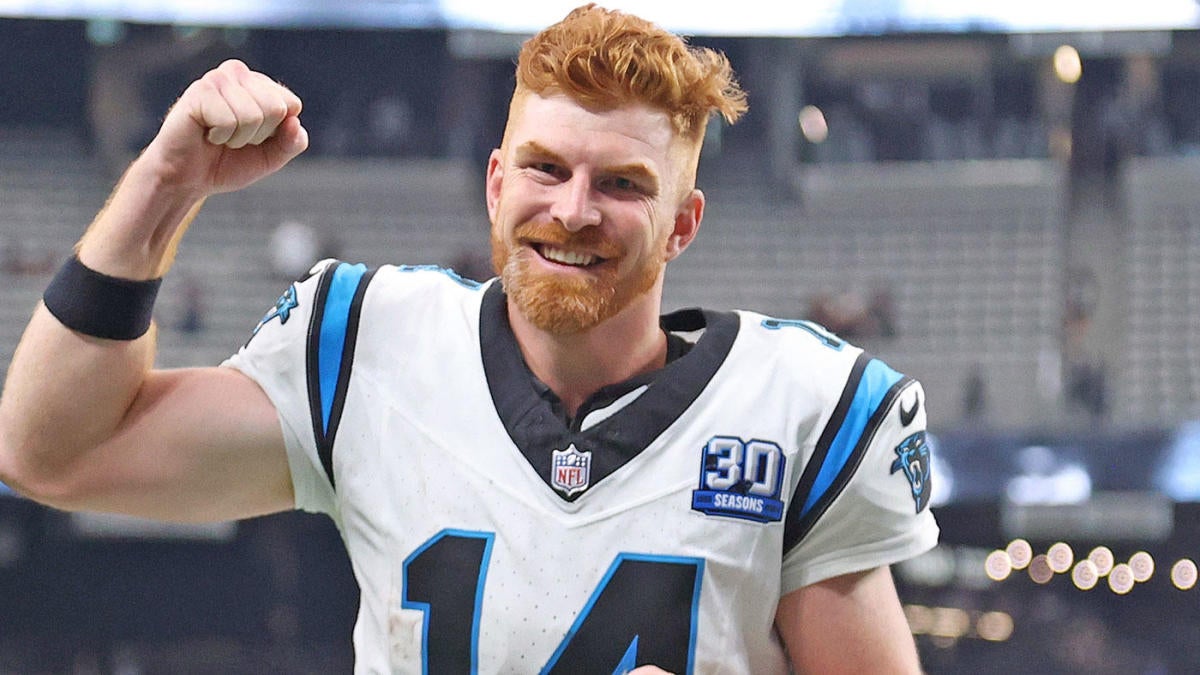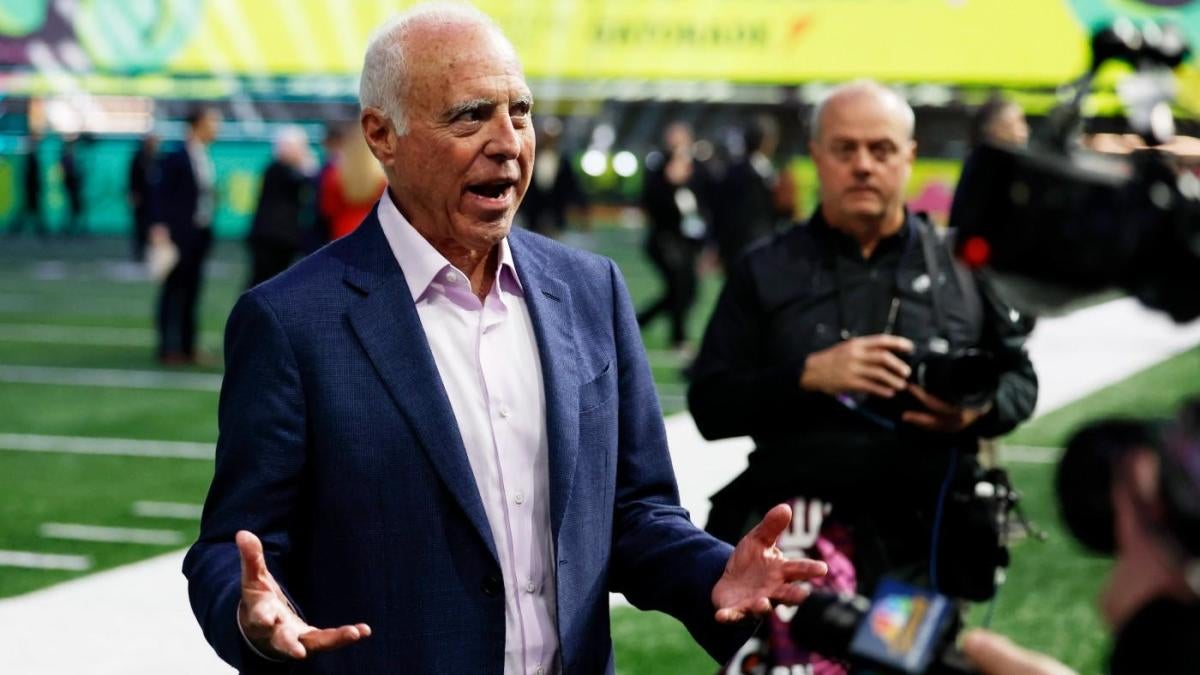
The Philadelphia Eagles have been one of the NFL’s most successful franchises throughout Jeffrey Lurie’s tenure as the team’s owner. Lurie bought the team in 1994, and since then it has won 11 division titles, made the playoffs 19 times, made four trips to the Super Bowl and won the championship twice — including this season.
During this most recent decade since general manager Howie Roseman re-took control of the front office, the Eagles have been even more successful. Since 2017, the Eagles have made the playoffs in seven of eight seasons, gone to the Super Bowl three times and won it twice. They are, by all accounts, a model NFL franchise, and have been for essentially the entire time he’s owned the team.
And Lurie’s business sense has been a big part of the team’s success. His willingness to spend money up front in signing bonuses and option bonuses has helped Roseman run the team in a way that allows him to be aggressive in adding talent. And that’s because Lurie’s business sense is more about football than it is about money.
“You’re obviously trying to run a sound business, but I think success is determined by your success on the field and your success in the community,” Lurie said, via Sports Illustrated. “And so anything you can do to maximize those two, the value of the team is going to be appreciated more by your performance and your reputation in the community than anything else. It’s not going to be the EBITDA in a certain year, or two or three or four.
“There’s a reason we just sold limited partnerships for the highest price in sports history. It wasn’t based on being the most profitable team at all. It’s based on the performance over time and the reputation in the community and the forecasting of where we hope to be able to sustain over the next multiple years. It’s much more than the financial bottom line. Now I guess you could get criticized by some Wall Street analysts, but we don’t operate that way. We just don’t operate that way.”
Lurie has recognized something that is quite obvious: the real value in owning an NFL team is not in year-to-year profits, but in franchise valuation. And the more successful the team is, the more star players it has on the roster, the more the franchise valuation increases.
Being willing to operate from that point of view allows the Eagles to make difficult roster decisions, from both a financial perspective and a personal one.
“It was maximizing the roster and realizing when you had some descending players what you needed to do, either to get market value or plan around [their departures],” Lurie said. “These are all potentially unpopular decisions. So, for me, really, philosophically, I believe you do what you think correlates with winning big — and not what’s popular.”
Lurie’s willingness to spend up front cash means that they don’t worry about things like dead money on their books. Philly paid out over $63 million in dead money in 2024, according to Spotrac, and yet still spent the fifth-most active cash in the league at over $255 million. And they don’t worry about things like “we paid James Bradberry or Bryce Huff or [insert Player X here] a lot of money and so they have to get a lot of playing time.” They’ll cut a player or make him inactive for the biggest game of the season.
Ownership is the biggest competitive advantage in sports, and Lurie’s willingness to think long term is why the Eagles have one.
Go to Source
Author: Jared Dubin
February 17, 2025 | 1:05 pm
